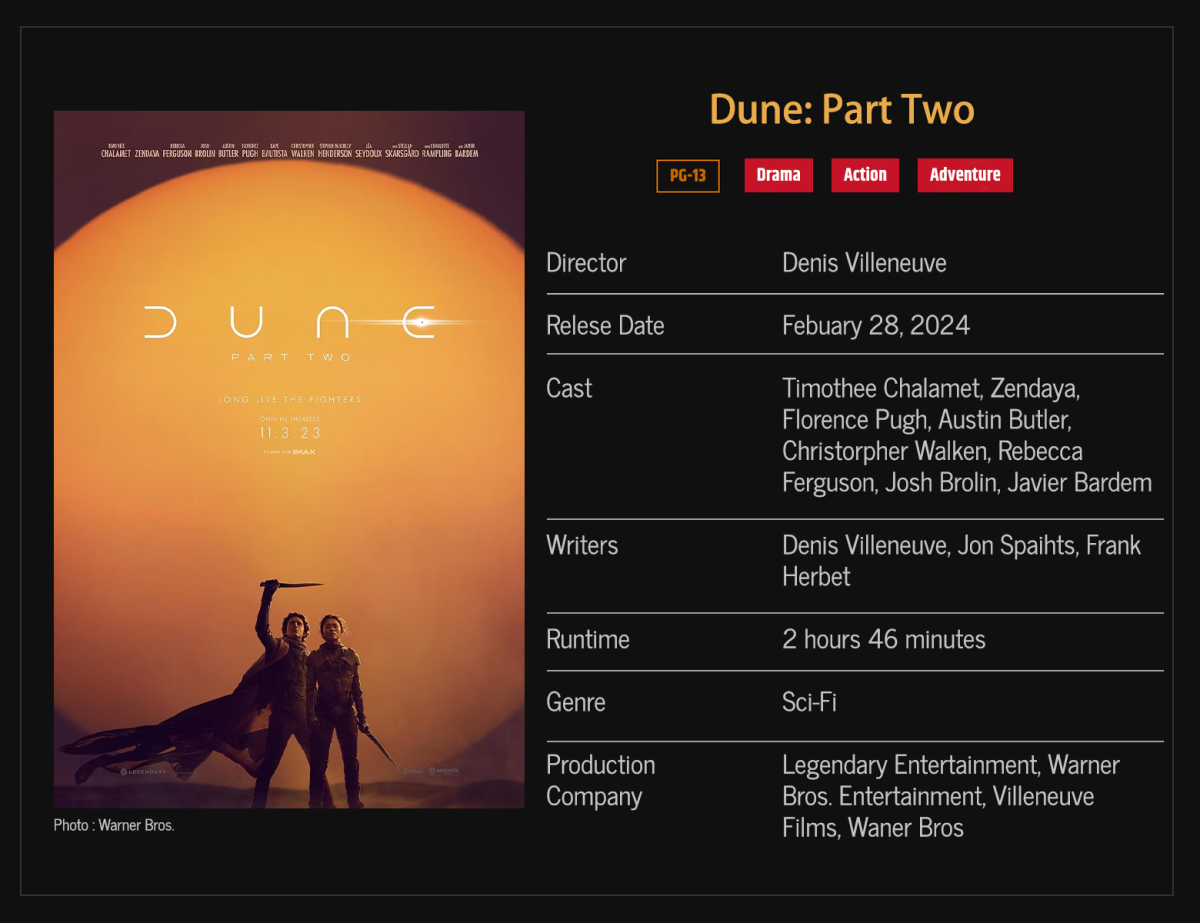By Julian De Ocampo ’13
THE ROUNDUP
In 2005, Sufjan Stevens took listeners to the Prairie State with his venerated album Illinois.
He wrote songs about empathizing with serial killers, UFO sightings and road trips to Chicago, earning more than his fair share of fans along the way.
Five years, a number of sidetracked projects and a few false promises later, Stevens is back with The Age of Adz, the proper follow-up to Illinois. Dropping the state-themed album motif that made him famous, Stevens instead crafts an album more personal and intrinsically human than ever before.
Adz continues the orchestral folk of Illinois, but also signifies a return to the electronic sounds of Stevens’ earlier work, including 2001’s Enjoy Your Rabbit.
However, Stevens’ glitchy blips are a mixed bag. From a technical aspect, the album is breathtaking, vast and complex. However, what made Illinois a great album was the fact that it combined grandiosity with warmth and intimacy; Stevens felt like a great storyteller going to work.
Adz, on the other hand, feels detached, replacing storytelling with vague, cryptic lyrics about personal troubles. The focus has shifted from Stevens’ airy voice and banjo towards newfound mechanized palpitations.
Nonetheless, Adz serves as the most cohesive album Stevens album yet. The weak links that had previously peppered his works have been eliminated.
Now, the tracks are sequenced in such a way that each song complements one another.
Stripped of lyrical gimmicks, Stevens pours his heart out in an honest vulnerability that was previously masked by layers of state history and facts. Honestly, it’s a bit unsettling to see the side of Stevens that he had previously only hinted at.
Adz culminates in ominous choruses, tactfully placed expletives, and, yes, an AutoTune breakdown in the sprawling 25 minute finale “Impossible Soul,” in which his joyful cries of “Boy, we can do so much together” morph into a morose “Boy, we made such a mess together.”
At times, the sweeping grandness of his music can overwhelm the casual listener, demanding his full attention. Perhaps Stevens’ ambition is more than any musician could handle at one time, but for the sake of music at large, let’s hope that it doesn’t go away anytime soon.





























